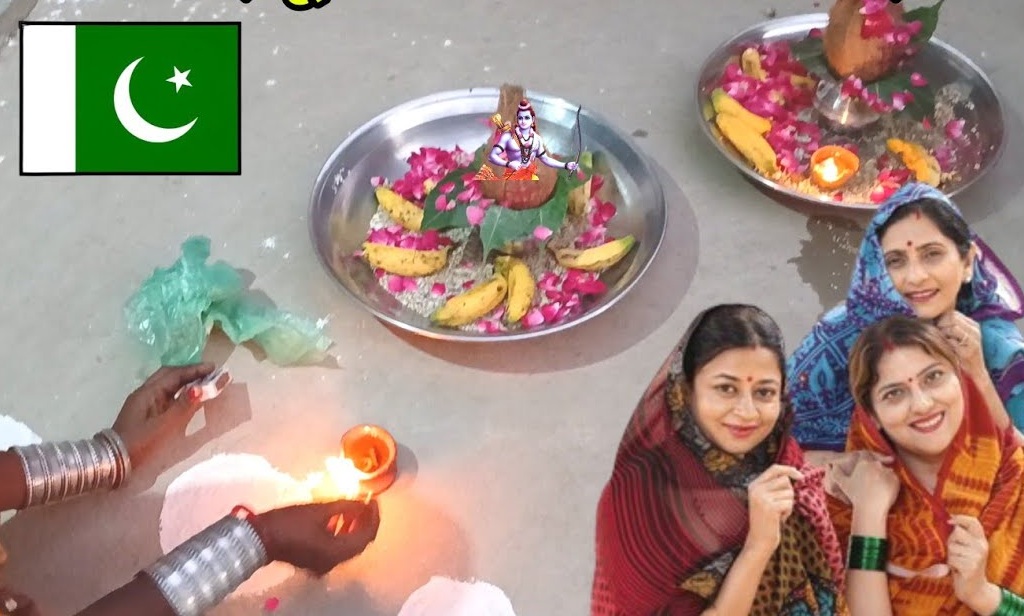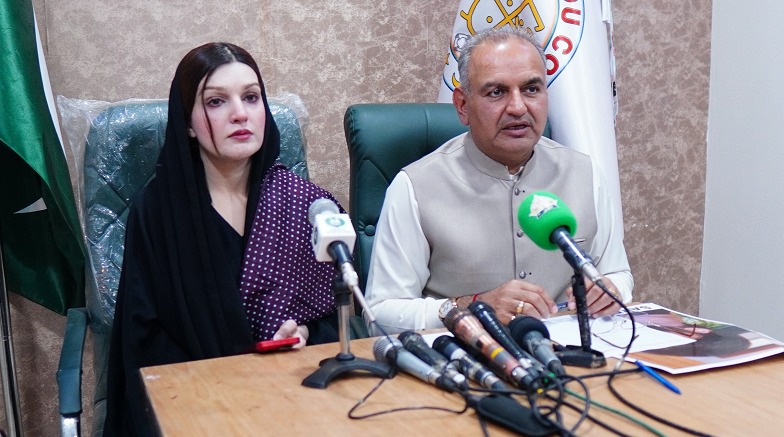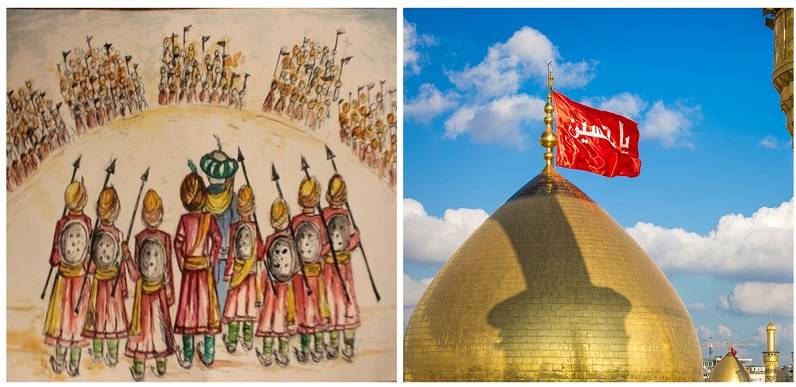In the land of five rivers, where the echoes of ancient civilizations still whisper through the ruins of Mohenjo-Daro and Taxila, the lamps of Diwali continue to shine — quietly yet beautifully. Every year, Pakistan’s Hindu community, along with people from other faiths who join in the spirit of the festival, celebrates Diwali, the festival of lights, with devotion, color, and joy. It is a moment that brings warmth, reflection, and hope, reminding everyone that light, no matter how small, can conquer darkness.
The Festival of Lights in the Land of Sufis
Diwali, one of the most important festivals in Hinduism, symbolizes the victory of good over evil and light over darkness. In Pakistan, where an estimated 3.5 to 4 million Hindus live — primarily in Sindh, southern Punjab, and parts of Balochistan — the celebrations are vibrant yet rooted in simplicity.
The temples of Karachi, Hyderabad, Umarkot, Tharparkar, and Multan come alive with light and laughter. Diyas (oil lamps) flicker in windows, rangolis (colorful patterns) decorate the entrances of homes, and the air fills with the aroma of sweets and incense. Despite being a minority festival, Diwali in Pakistan radiates a sense of shared heritage — a bridge between faiths rather than a wall dividing them.
Historic Roots and Cultural Continuity
The history of Diwali in the subcontinent dates back thousands of years, and its roots in Pakistan are deeply intertwined with the region’s ancient Hindu civilization. Cities like Multan, Thatta, and Hinglaj were once centers of Hindu worship and culture. The Hinglaj Mata Temple in Balochistan remains one of the most sacred pilgrimage sites for Hindus across South Asia.
In these historic temples, Diwali is not just a festival — it’s a continuation of faith across centuries. Pilgrims travel from distant areas to light candles, offer prayers, and seek blessings from deities like Lakshmi, the goddess of wealth and prosperity, and Ganesha, the remover of obstacles. The celebrations may not have the grandeur of those in India, but their spiritual intensity is no less profound.
Modern-Day Celebrations and Government Recognition
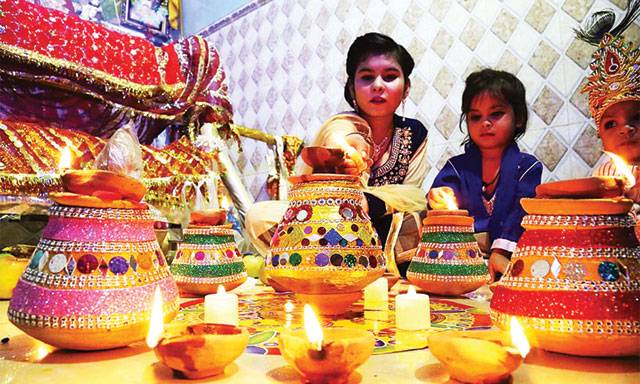
In recent years, Pakistan has witnessed a positive shift in the recognition of religious festivals of minorities. The Pakistan Hindu Council (PHC), under the leadership of Dr. Ramesh Kumar Vankwani, has played a vital role in promoting cultural awareness and advocating for national acknowledgment of Hindu festivals.
Public institutions, educational centers, and even some local government offices now extend greetings to the Hindu community on Diwali. Messages of goodwill from political leaders — including Presidents and Prime Ministers — have become a welcome tradition, signaling a slow but steady embrace of inclusivity.
In Karachi’s Shri Swaminarayan Mandir, one of the oldest Hindu temples in the city, Diwali night is a breathtaking sight. The entire complex glows with thousands of lamps, while children burst crackers and families exchange gifts. Similar scenes unfold in Hyderabad’s Kali Mata Temple and Tharparkar’s villages, where Muslims often join their Hindu neighbors in lighting lamps and sharing sweets, reflecting the centuries-old bonds of coexistence.
Challenges Faced by the Pakistani Hindu Community
Despite these heartwarming examples, the Hindu community in Pakistan continues to face social and economic challenges. Instances of discrimination, land disputes over temples, and lack of legal protection for heritage sites occasionally shadow the community’s festive spirit.
Yet, each year, Diwali becomes an act of resilience — a declaration that faith endures even in adversity. The lamps that glow in Hindu homes across Sindh and Punjab are not just a celebration of mythology; they are symbols of identity, survival, and belonging.
There have been growing calls from civil society, media, and interfaith groups to declare Diwali a public holiday in Pakistan, emphasizing that such a step would not only honor the Hindu community but also reflect the nation’s commitment to religious freedom.
Interfaith Harmony and Shared Joy
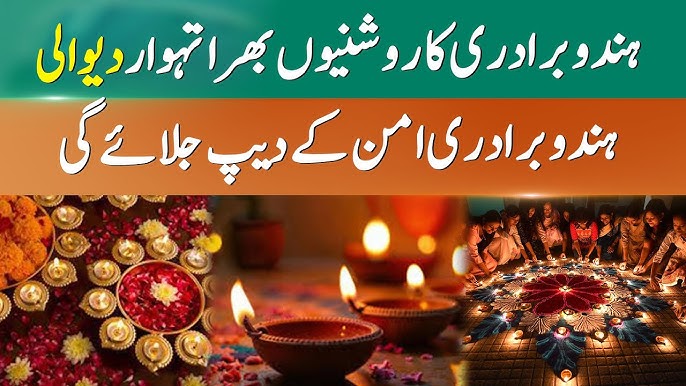
Pakistan’s cultural mosaic has always included shades of diversity. In cities like Karachi and Lahore, interfaith harmony is not just a slogan — it is often a lived experience. During Diwali, it is not uncommon to see Muslim, Christian, and Sikh neighbors visiting Hindu homes with greetings, sweets, or simple gestures of goodwill.
Many Sufi shrines and interfaith organizations organize special gatherings, symbolic diya-lighting ceremonies, or peace walks during Diwali week. These acts reinforce the universal truth that all faiths, at their core, preach love, compassion, and peace.
Social media platforms in Pakistan are also helping bridge divides. Hashtags like #HappyDiwaliPakistan and #LightOverDarkness trend each year, showing a growing number of Pakistanis — irrespective of religion — expressing solidarity with their Hindu compatriots. It is an encouraging sign that a new generation is embracing pluralism as part of the country’s national identity.
The Diplomatic and Cultural Perspective
Globally, Diwali is celebrated in more than 70 countries, including the United States, Canada, the UK, and the UAE, where millions of people gather to share the message of light and harmony. Pakistan, too, has an opportunity to enhance its image on the international stage by celebrating the diversity within its borders.
As countries increasingly adopt cultural diplomacy as a tool for soft power, embracing Diwali officially could send a powerful message — that Pakistan respects all religions and honors its multicultural heritage. The presence of ancient temples, historic Hindu architecture, and a living Hindu population gives Pakistan a unique position to showcase its pluralistic identity.
The Message of Light
At its heart, Diwali carries a message that transcends religion: the triumph of light over darkness, hope over despair, and knowledge over ignorance. In today’s world, marked by polarization and misunderstanding, such values are more relevant than ever.
When lamps are lit in Karachi’s Mandirs, or diyas glow in the sandy courtyards of Tharparkar, they silently remind us that light cannot be confined by borders or beliefs. It belongs to all who seek goodness.
Conclusion
Diwali in Pakistan may not make international headlines, but it tells a story that deserves to be heard — a story of faith, coexistence, and resilience. It proves that even in a world divided by ideology, the light of humanity continues to burn bright.
The flickering lamps of Diwali in Pakistan are more than a tradition; they are a promise — that darkness, no matter how deep, will always be dispelled by the smallest flame of understanding.
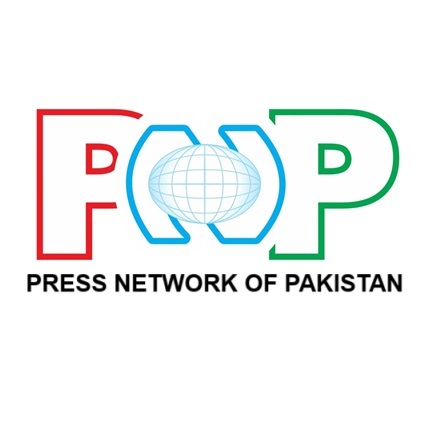
Dr. H. Zafar is a distinguished writer and analyst associated with Press Network of Pakistan as Associate Editor. With a strong academic background and years of research experience, she brings depth, clarity, and analytical rigor to her writings.

